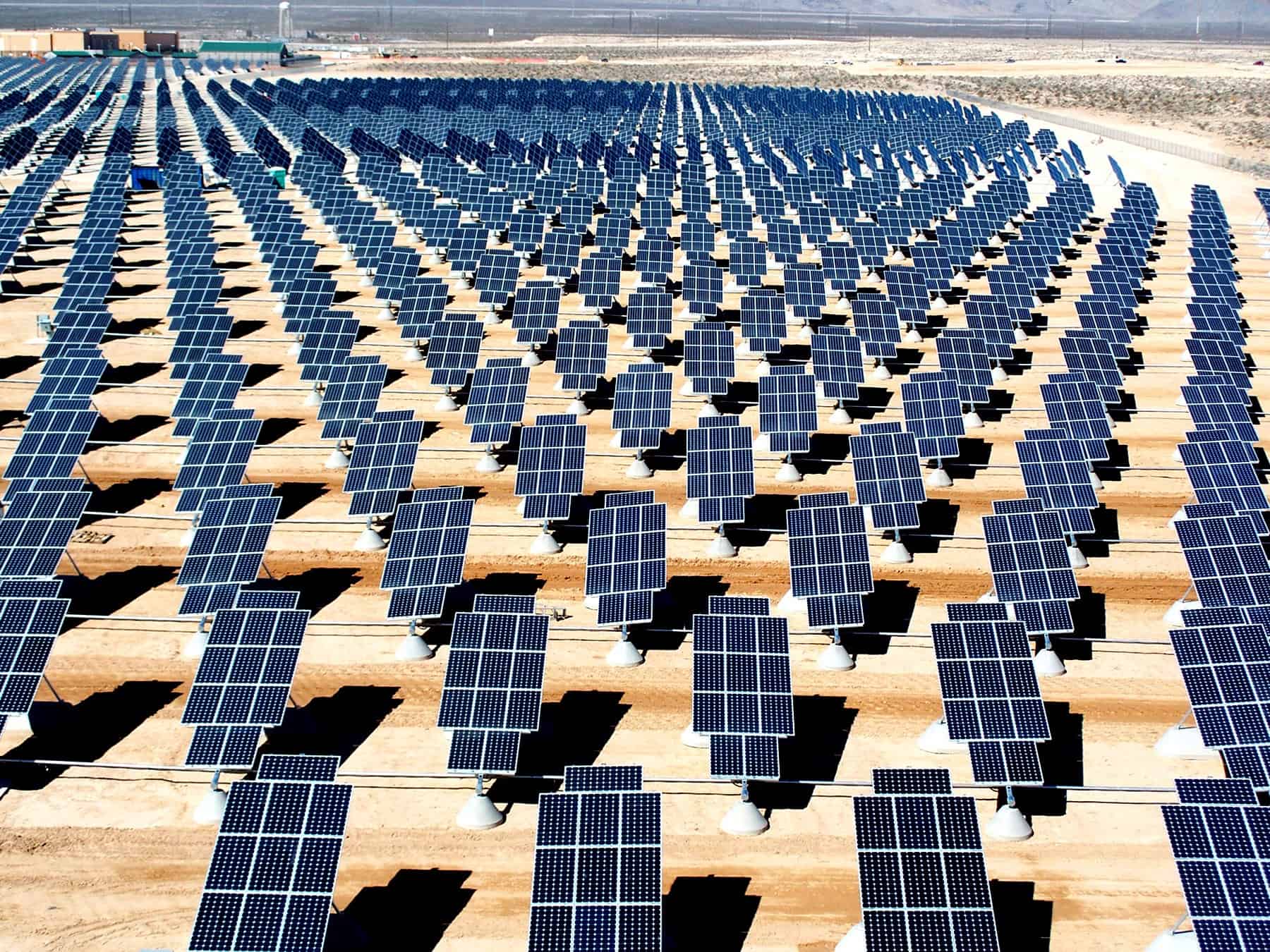DUBAI: Trillions of dollars could be saved by the employing artificial intelligence (AI) to accelerate equitable energy transition, a study published by the World Economic Forum said.
The study, ‘Harnessing Artificial Intelligence to Accelerate the Energy Transition’, written in collaboration with BloombergNEF and Deutsche Energie-Agentur (dena) – the German Energy Agency, reviews the state of AI adoption in the energy sector, identifies high-priority applications of AI in the energy transition, and offers a road map and practical recommendations for the energy and AI industries to maximize AI’s benefits.
Based on BNEF’s net-zero scenario modeling, every 1 percent of additional efficiency in demand creates $1.3 trillion in value between 2020 and 2050 due to reduced investment needs. AI could achieve this by enabling greater energy efficiency and flexing demand.
The study said AI can accelerate the transition to low-carbon energy future by identifying patterns and insights in data to increase efficiency and savings. According to BNEF’s net-zero scenarios, fully decarbonizing the global energy system will require between $92 trillion and $173 trillion of investments in energy infrastructure between 2020 and 2050.
AI can also be an effective tool in coordinating power systems with growing shares of renewable energy as ramping up renewable energy deployment to decarbonize the globally expanding power sector will mean more power is supplied by intermittent sources (such as solar and wind), creating a need for better forecasting, greater coordination, and more flexible consumption to ensure that power grids can be operated safely and reliably.
Managing complex, decentralized energy systems at scale will also require a greater reliance on AI. The transition to low-carbon energy systems is driving the rapid growth of distributed power generation, distributed storage, and advanced demand response capabilities, which will need to be orchestrated and integrated into much more networked, transactional power grids.
“AI is already making its mark on many parts of society and the economy. In energy, we are only seeing the beginning of what AI can do to speed up the transition to the low-emissions, ultra-efficient and interconnected energy systems we need tomorrow. This report shows the potential and what it will take to unlock it – guided by principles that span how to govern, design and enable responsible use of AI in energy. Governments and companies can collectively create a real tipping point in using AI for a faster energy transition,” said Roberto Bocca, Head of Energy, World Economic Forum.







